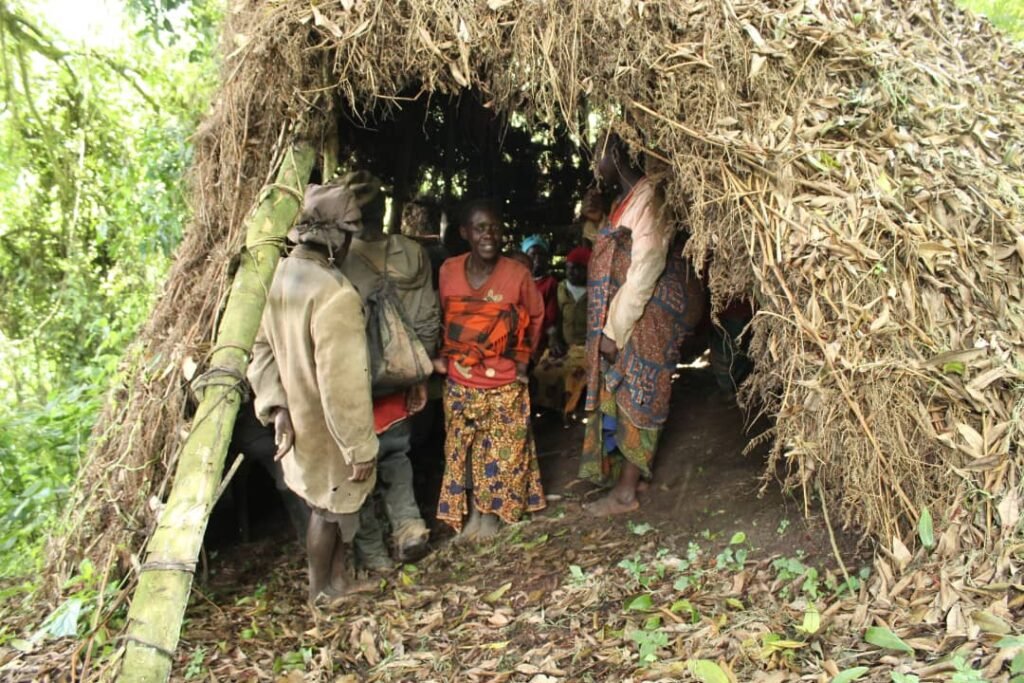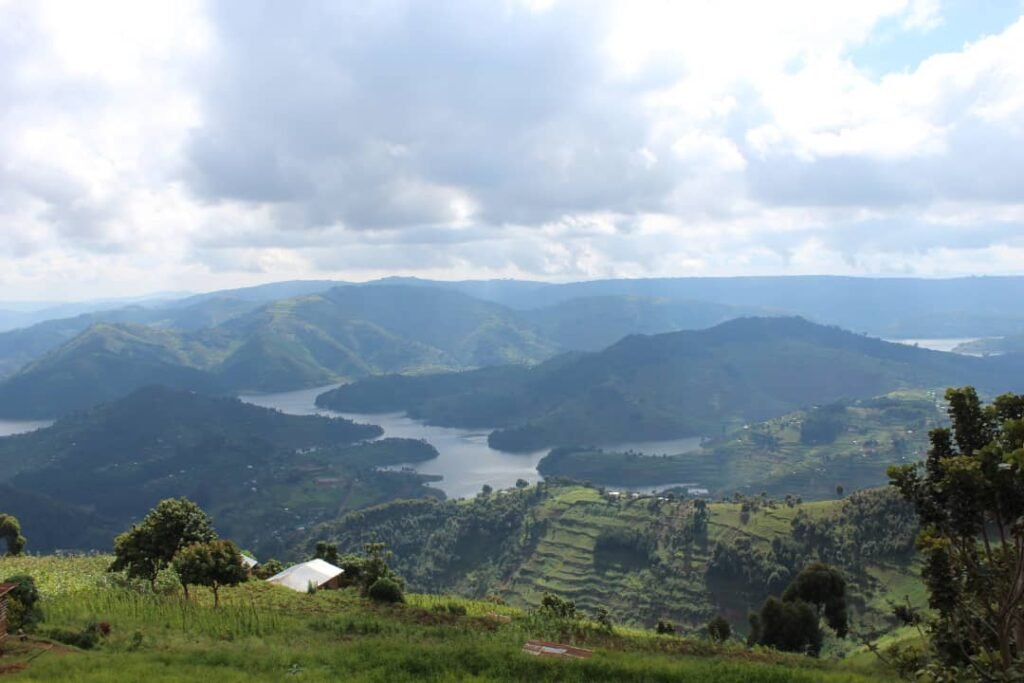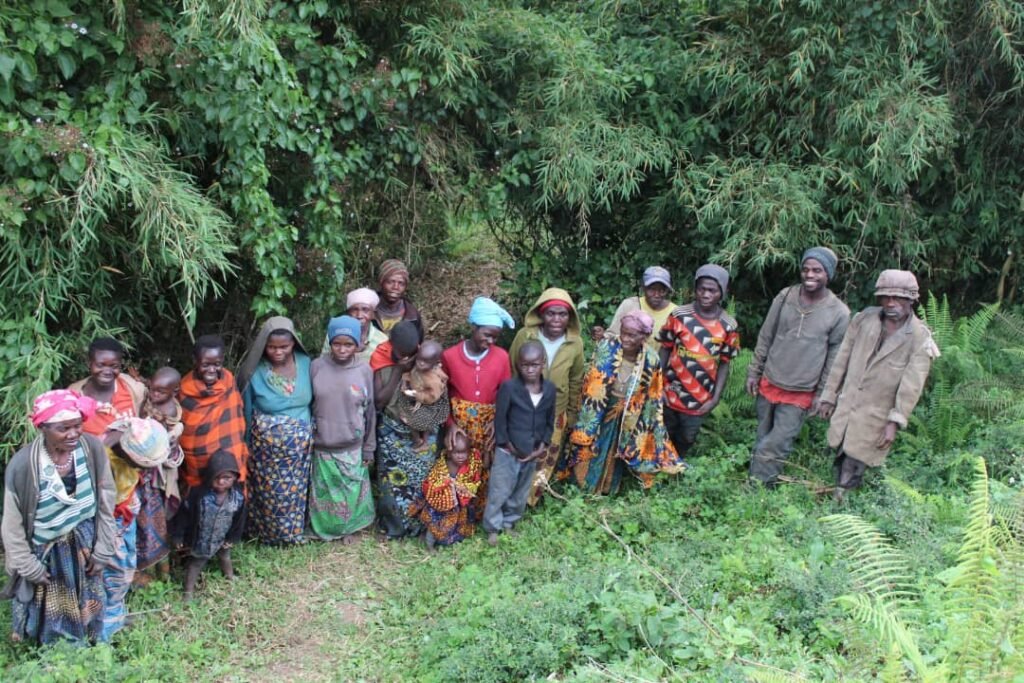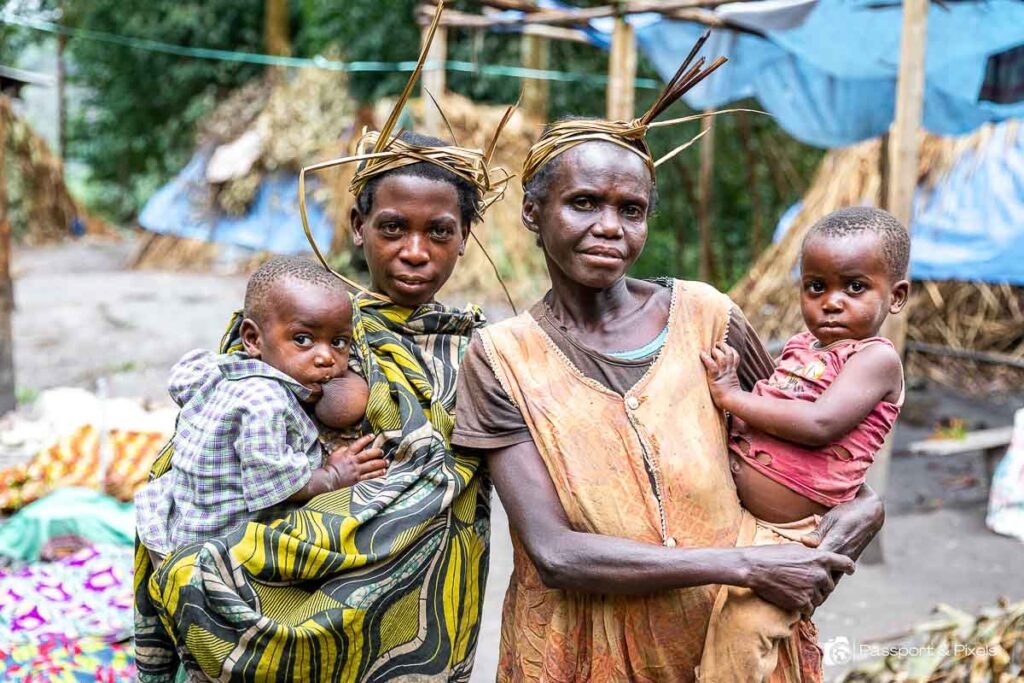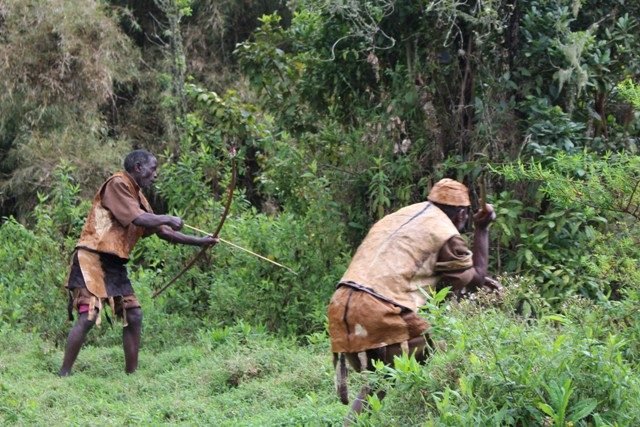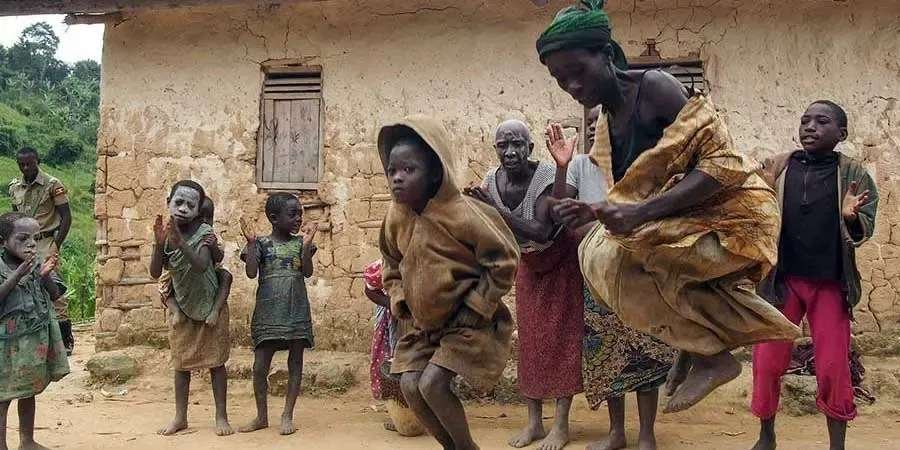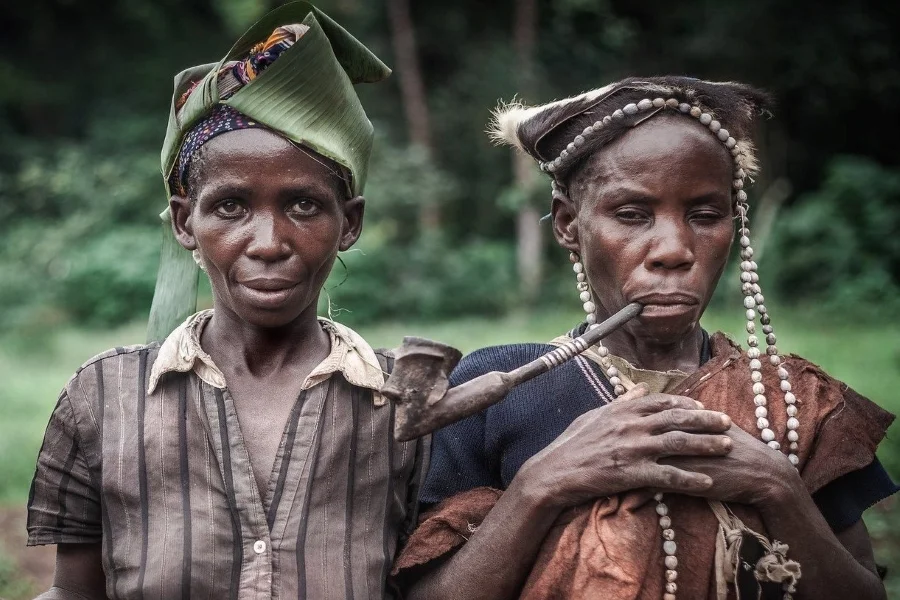MYSTICAL ECHUYA, exploring uganda’s forgotten green treasure
- Home
- Destination
- MYSTICAL ECHUYA, exploring uganda’s forgotten green treasure
MYSTICAL ECHUYA, Exploring uganda’s forgotten green treasure
Tucked away in the rolling highlands of south western Uganda lies a forest that feels truly mystical, a place where mist drifts through ancient trees and silence hums with life. This is Echuya Forest, one of the country’s most captivating natural wonders and a treasure often overlooked by travellers. Stepping into Echuya is like entering a living storybook, one written by nature over thousands of years.
A Forest Wrapped in Mystery
Echuya is one of the last remaining afro montane forests in Uganda, and from the moment you step beneath its canopy, the atmosphere changes. The cool mountain air carries the scent of moss and fresh earth, while beams of soft sunlight filter through layers of green. The towering hagenia and bamboo trees stand like silent guardians, their trunks wrapped in velvety moss that glows faintly in the morning light.
Every corner of the forest feels timeless, untouched and serene. It is the kind of place that makes you slow down, breathe deeply and simply absorb the beauty around you.
A Sanctuary for Birds and Nature Lovers
Echuya is a paradise for birdwatchers and anyone who appreciates the rhythm of nature. The forest is home to rare Albertine Rift species, some found only in this region. As you walk, a gentle chorus of whistles, trills and fluttering wings accompanies you, creating a natural soundtrack that brings the forest to life.
Even for visitors who are new to bird watching, Echuya offers a calm and rewarding experience. The forest’s open spaces, bamboo zones and swamp edges provide perfect viewing points where nature reveals itself slowly and beautifully.
The Enchanting Rwamahano Swamp
At the core of this magical ecosystem lies Rwamahano Swamp, a quiet wetland surrounded by thick vegetation and breath taking scenery. The swamp acts as the beating heart of the forest, supporting a remarkable variety of plants, insects and birds.
Walking along its edges, you will notice dragonflies skimming across the still water, butterflies dancing in the warm light and distant croaks from hidden creatures echoing softly across the swamp. It is a place of calm and reflection, untouched and inspiring in every way.
A Cultural Tapestry, The Batwa Connection
Echuya is not only rich in nature but also deeply rooted in culture. The forest was once home to the Batwa people, who lived here for centuries as hunter gatherers. To them, Echuya was more than a forest, it was a source of life, medicine, nourishment and spiritual connection.
Today, guided experiences with the Batwa allow visitors to step into their world. Through storytelling, demonstrations and ancient traditions, they share how they used plants for healing, how they collected wild honey and how they lived in harmony with the forest. Their presence adds depth to every visit, turning a simple walk into a cultural journey.
Adventure Walks Through Unspoilt Nature
Echuya offers a network of nature trails that invite visitors to explore its hidden corners. Whether you prefer a gentle walk or a more adventurous trek, every path leads through beautiful scenery filled with towering bamboo, leafy undergrowth and sudden clearings that glow with soft light.
Along the way, you may spot:
- Fresh animal tracks
- Colourful butterflies
- Birds perched low and close
- Fallen logs wrapped in moss
- Sun rays cutting through the canopy
Each moment feels like a discovery, a reminder of the forest’s untouched charm.
A Timeless Green Treasure
Echuya Forest is one of Uganda’s most enchanting places, a green sanctuary that feels both ancient and alive. It offers peace for the weary, wonder for the curious and inspiration for every traveller who steps inside.
With its rich biodiversity, cultural heritage and breath taking scenery, Echuya truly is Uganda’s forgotten green treasure, waiting quietly for those willing to explore its mystical beauty.


